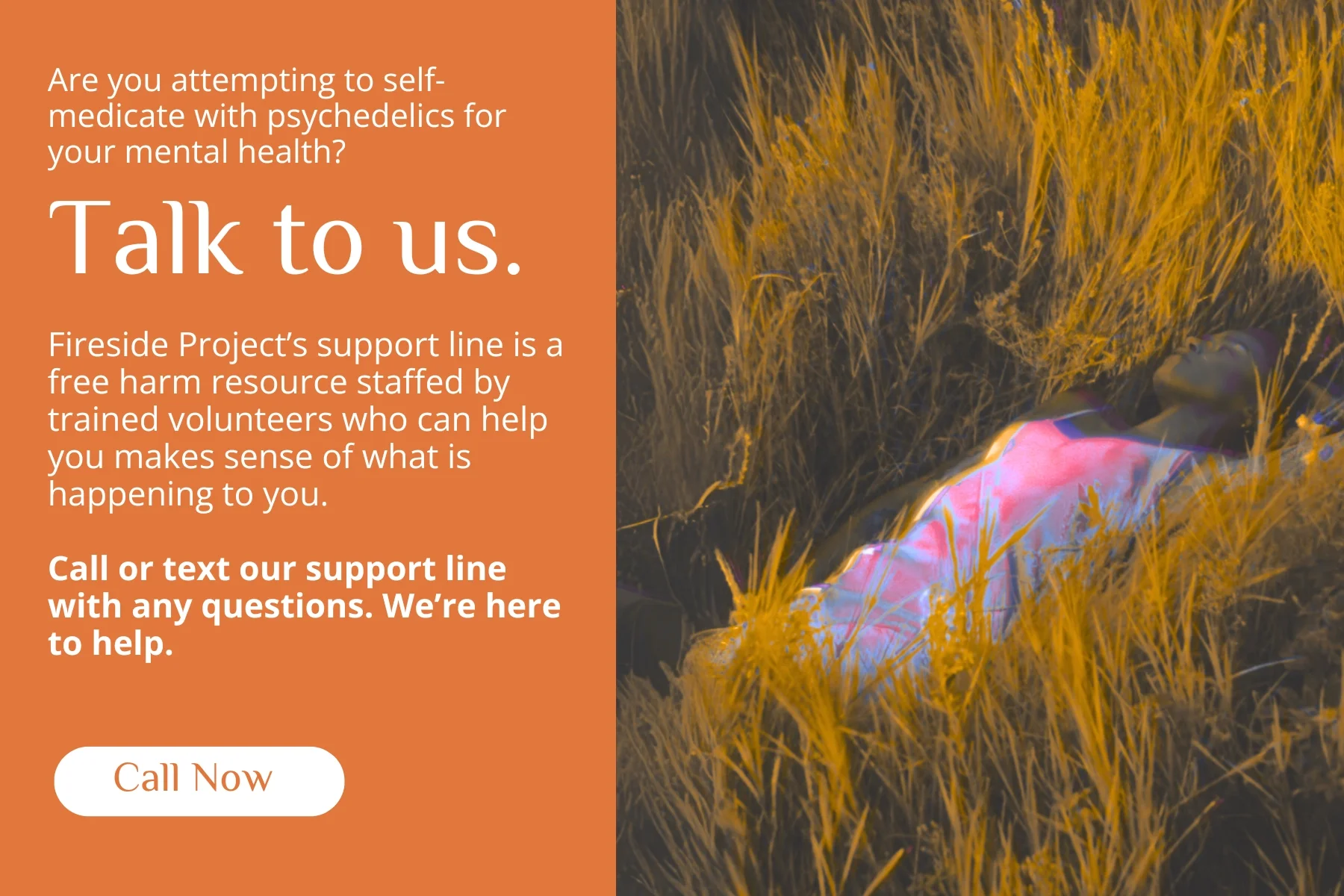Self Medicating with Psychedelics for Mental Health
Psychedelics & Mental Health: Understanding the Risks of Self-Medicating
Psychedelic compounds, such as psilocybin (found in "magic mushrooms") and MDMA, have garnered significant attention for their potential therapeutic benefits in treating mental health disorders like depression and post-traumatic stress disorder (PTSD). Clinical studies have shown promising results, with psychedelic-assisted therapies offering new avenues for individuals resistant to traditional treatments.
However, it's crucial to distinguish between controlled, clinical settings and self-medicating practices. While there is potential for abuse in any setting, self-administration of psychedelics for medical or mental health treatments carries additional inherent risks.
Can Psychedelics Be Good for the Brain?
Research indicates that psychedelics can induce neuroplasticity, potentially leading to long term therapeutic effects in alleviating mental illness. For instance, studies into the clinical efficacy of classic psychedelics from leading institutions such as Johns Hopkins University, Imperial College London, and others have demonstrated that psilocybin-assisted therapy, in some cases as little as a single dose, can alleviate symptoms in individuals with treatment-resistant depression and be potentially beneficial to those suffering from alcohol use disorder and/or other substance use disorders.
Similarly, MDMA-assisted therapy has shown a positive effect in treating PTSD, with participants experiencing significant symptom reduction.
What Does Research Say About Using Psychedelics to Treat Mental Health Disorders?
Clinical trials have explored the therapeutic efficacy of psychedelics in addressing various mental health conditions. MDMA-assisted therapy has been associated with substantial improvements in PTSD symptoms, as studied by MAPS. Psilocybin has shown potential in reducing depressive symptoms in cases of Major Depressive Disorder (MDD), even when unresponsive to traditional treatments.
Preliminary studies suggest that psychedelics may help alleviate anxiety, though more research is needed. Some evidence points to the benefits of psychedelics in reducing symptoms of Obsessive-Compulsive Disorder (OCD), but comprehensive studies are still ongoing. It is important to note that these studies are conducted under strict protocols and supervision and may not be analogous to personal psychedelic experiences in the home.
Risks of Taking Psychedelics Alone
Self-medicating with psychedelics can pose significant risks:
Worsened Mental Health: The effects of psychedelics can be unpredictable. Without proper screening and support, individuals may experience exacerbated symptoms or new psychological issues.
Psychological Complications: Self-administration for those suffering severe mental health issues can lead to adverse effects, including prolonged psychosis or suicidal ideation.
Lack of Support: Without professional guidance, possibly including supportive psychotherapy and integration practices, individuals may struggle to process challenging experiences, leading to feelings of isolation or distress.
Establishing Set and Setting
The context in which psychedelics are consumed—referred to as "set and setting"—plays a pivotal role in the experience. Set refers to the individual's mindset, including their expectations, mood, and mental health status. Setting pertains to the physical and social environment where the substance is taken. In clinical settings, these factors are meticulously controlled to maximize therapeutic outcomes and minimize risks. Self-medicating individuals may not have the resources to ensure an appropriate set and setting, increasing the likelihood of adverse effects.
Preparation and Integration
Effective psychedelic therapy involves both preparation and integration. Preparation includes educating and mentally preparing individuals before the experience. Integration assists individuals in processing and incorporating their experiences into daily life post-session. Without these components, the potential benefits of psychedelics may not be realized, and risks can be heightened.
Fireside Project’s Support Services
Recognizing the challenges associated with psychedelic experiences, Fireside Project offers a free, confidential peer support line. Our services include:
Real-Time Support: Assistance during or after psychedelic experiences.
Integration Coaching: Personalized guidance on processing and integrating experiences into daily life.
Resource Referrals: Connecting individuals with additional support services as needed.
Our data from over 25,000 callers on our free, confidential psychedelic support line indicates that:
81% of our callers are inside their home.
65% are alone when they contact us.
Over 40% self-identify as having a mental health condition such as PTSD, major depression, generalized anxiety disorder, or OCD.
These statistics underscore the importance of accessible support for individuals navigating psychedelic experiences.
While psychedelics hold promise for mental health treatment, self-medicating without professional guidance carries substantial risks. It's essential to approach these substances with caution, prioritize safety, and seek support when needed. Fireside Project remains committed to providing empathetic, harm-reduction-focused support to those exploring psychedelics, ensuring they are not alone on their journey.
Call or text us for support. You are not alone in your journey.
Fireside Project does not condone the use of illegal substances including psychedelics. If you choose to partake we encourage safety and awareness.



